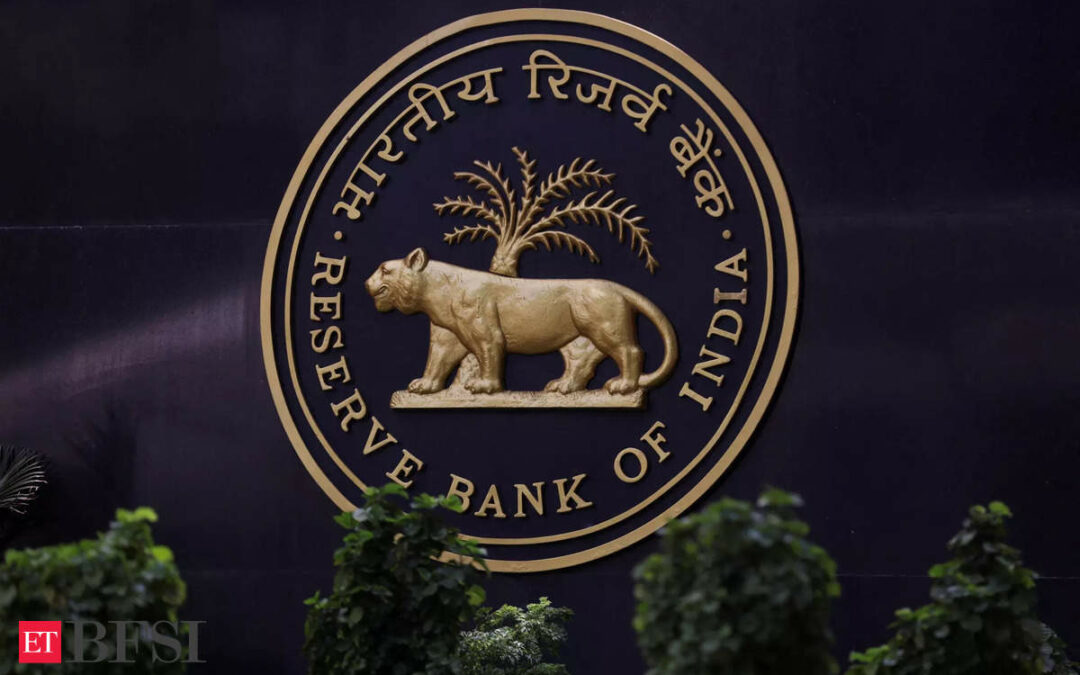Four top European banks, which also play key custodian roles in the local sovereign debt trade, have sought the Reserve Bank of India’s (RBI) go-ahead for a third-party transaction model to break the impasse involving their home authorities and domestic policymakers over audit oversight rights.
“There was a meeting last month between the heads of four European banks and top RBI officials. The banks have sought the RBI’s approval on the proposed third-party model because there is no established rulebook for this kind of arrangement,” a source aware of the developments said.
After the meeting, attended by RBI deputy governor T Rabi Sankar, the overseas lenders concerned expect the central bank to communicate its views within the next few weeks, another source said.
The banks in question are Credit Agricole, Societe Generale, Deutsche Bank and BNP Paribas.
Race against October deadline
These Eurozone-based lenders face significant hurdles in carrying out trades in Indian government bonds and derivatives following the decision of the European Securities and Markets Authority (ESMA) to de-recognise the Clearing Corp of India (CCIL) in October 2022.
The ESMA’s step came after the RBI refused to permit rights of audit and inspection over the CCIL, which houses the local platform for government bond trading and provides guaranteed settlement.
European banks now have a deadline of October 2024 to stop transacting with the CCIL — the reason for putting together an alternative third-party clearing mechanism.
An email to the RBI seeking comment on the matter remained unanswered until the publication of this report. A Deutsche Bank spokesperson declined to comment, while emails sent to the other banks did not receive responses.
The four European banks carry out trades worth billions of dollars in Indian government bonds and derivatives, with some playing significant roles in custody operations for foreign flows into local markets.
Client confidentiality
It is in their role as custodians that a potential roadblock has arisen in relation to third-party clearing, particularly with regard to client confidentiality. A custodian bank holds securities on behalf of other financial players.
“Some of the European banks have huge custody operations and the issue now is: What happens to that mandate? There were talks of a separate NBFC, which would be distinct from rates and FX trading,” said a banking source. “The issue arises from the requirement of passing on client information if the clearing happens with a third-party bank and not the CCIL.”
ET had reported last month that State Bank of India and ICICI Bank are likely to act as local intermediaries for the third-party clearing model.
The four European banks now expect either a central bank approval for the third-party model, or a resolution of the tussle between the ESMA and the RBI over audit oversight. Given that July and August coincide with the holiday season in Europe, the foreign lenders do not have much time before the end of the October 2024 deadline for transacting with the CCIL.
Extension may be sought
Sources said that in all likelihood, the four banks would request their national regulators — the French and German authorities — to provide an extension of at least six months from the current deadline.
The disagreement between the RBI and the ESMA can be traced to efforts by the developed economies to de-risk their markets after the global financial crisis. However, such efforts that attempt control of regulation of third countries, pose risks of extra-jurisdictional overreach, the RBI has said in the past.











